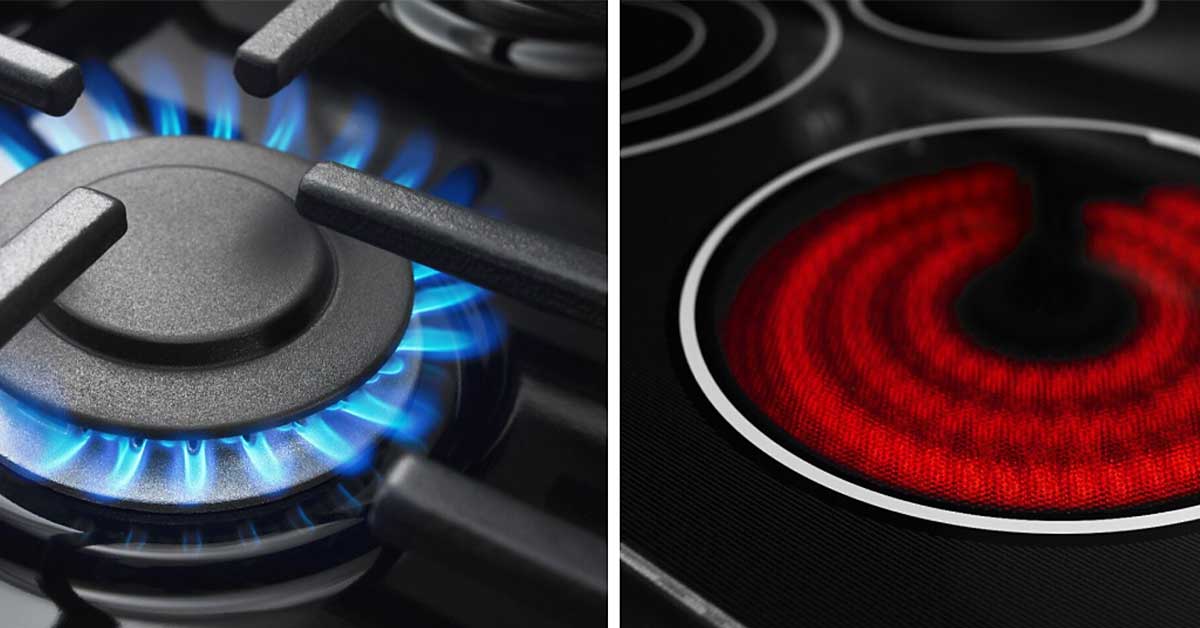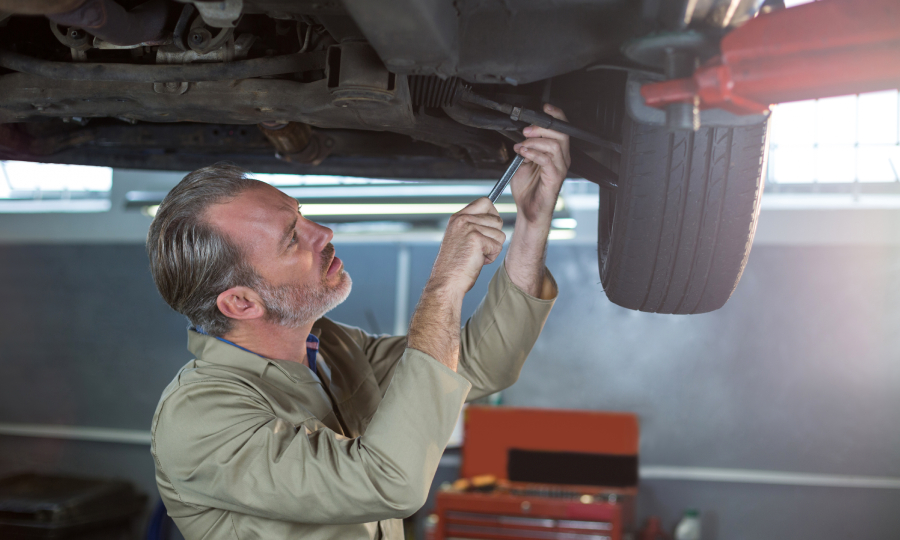For many years, gas and electric cookers have been the mainstays of kitchens, each having special benefits and characteristics. A frequent topic of discussion among home chefs is how quickly food should be prepared. Is cooking with gas quicker than with electricity in a cooker? We’ll examine the numerous methods, causes, and characteristics of both appliances’ cooking speeds in this post.
Overview
Synopsis of Gas and Electric Cooking Appliances
Over time, cooking equipment have changed, and now gas and electric cookers account for the majority of sales. Electric cookers use resistive heating, while gas cookers use combustion. Both have advantages and disadvantages, but the cooking speed is one that often sticks out.
The Value of Quick Cooking in Contemporary Kitchens
Being efficient in the kitchen is crucial in our hectic life. Knowing which cooker cooks food more quickly might have a big influence on regular cooking practices. Let’s explore the secrets underneath the workings of gas and electric cookers.
Recognizing the Processes
The Operation of Gas Cookers
Natural gas is used in gas cookers to create flames that directly heat the cookware. This close proximity to the heat adds to the cooking’s apparent speed.
Transfer of Heat
Because the flames in a gas burner can heat pots and pans directly and fast, they are excellent heat transmission appliances.
Electric Cooker Operation
The use of resistance heating
Electric elements are used in electric cookers to provide heat. When an electric current flows through these components, they warm up, giving the cookware indirect heat.
Process of Energy Transfer
Electric cookers work by transferring energy to the cookware via coils or ceramic components. Although this method works well, it might take a little longer than using a gas cooker’s direct flame.
Cooking Speed Comparison A. Cooking Speed Influencing Factors
Thermal Emission
Faster cooking times are partly attributed to the increased heat output of gas burners.
Time Spent Preheating
The total amount of time needed to cook may be affected by how long electric cookers need to preheat.
Temperature Control
Quick and accurate temperature control is provided by gas stoves, making cooking modifications possible more quickly.
Actual Cooking Situations
Boiling Water Gas
Cookers are often faster than electric cookers in a head-to-head test when it comes to boiling water.
Preparing Different Foods
Cooking times for different recipes on gas and electric stoves might vary. Size and kind of pan are other important factors.
Effective Use of Energy
Efficiency of Gas Cookers
Gas cookers use less power and produce heat instantly, making them generally more energy-efficient.
The Efficiency of Electric Cookers
Although indirect heat transmission may lead to a little greater energy usage, electric cookers may be rather efficient.
The Effect on the Environment
It is essential to take the surroundings into account. While electric cookers depend on power that may or may not be generated responsibly, gas cookers consume fossil fuels.
Expense Factors
Starting Expense
When compared to electric cookers, gas cookers often have cheaper initial costs.
Costs of Operations
Gas may be less expensive than electricity, but the total cost of operation is dependent on efficiency and utilization.
Security
Safety Procedures for Gas Cookers
To increase safety, gas cookers have features like flame sensors and automated shut-off valves.
Safety Procedures for Electric Cookers
By using safety features like automatic shut-off and temperature controls, electric cookers reduce potential hazards.
User Preferences
Individual Preferences
Personal tastes differ when it comes to cooking. While some value the ease of electric cookers, others choose the precise control of gas cookers.
Method of Cooking
The decision between gas and electric cookers is also influenced by the kind of food and cooking technique.
Upkeep
Upkeep of Gas Cookers
In general, gas stoves need additional upkeep, such as routine inspections for gas leaks and burner cleaning.
Upkeep of Electric Cookers
Although the heating components of electric cookers need to be cleaned occasionally, they are typically simpler to maintain.
Advanced Technological Practices
Advancements in Gas Cooking Appliances
Improved ignition mechanisms and burner designs for more efficiency are examples of innovation in gas cookers.
Advancements in Electric Cooking Appliances
Energy-efficient heating components and intelligent cooking functions for electric cookers have advanced.
The decision between an electric and gas burner typically comes down to personal taste since cooking is a subtle skill. Even though cooking speed is important, it’s also critical to comprehend the larger dynamics that affect how food tastes.
Final Thoughts On This Article
Recap the main ideas
In conclusion, there are a number of variables that affect how quickly food cooks in a gas or electric cooker. When choosing, take into account your cooking preferences, energy efficiency, and maintenance needs.
Individual Suggestion
If you are looking for speed and accuracy, a gas cooker could be better. On the other hand, electric cookers have benefits of their own, particularly with regard to convenience and safety.
FAQ – Frequently Asked Questions
Q. Gas or electric cookers: which is less expensive to run?
A. Operating expenses are influenced by consumption patterns and local utility pricing, among other things. It’s wise to evaluate both in light of your unique situation.
Q. Do gas stoves contribute less to the environment than electric cookers?
A. The effects on the environment differ. Electric cookers depend on electricity, which may come from renewable sources, while gas cookers use fossil fuels.
Q. Is it possible to convert from a gas to an electric stove without having to make any major changes?
A. Making certain modifications after switching might be necessary, such as double-checking electrical connections and adjusting to variations in cooking control and pace.
Q. Is food cooked more uniformly in electric cookers than in gas cookers?
A. Consistent cooking outcomes are facilitated by the more equal heat distribution that electric cookers often provide.
Q. Compared to electric cookers, what safety issues exist with gas cookers?
A. Though newer versions include safety safeguards, gas cookers still present certain safety risks due to possible gas leaks. On the other hand, safety features on electric cookers guard against electrical problems and overheating.




